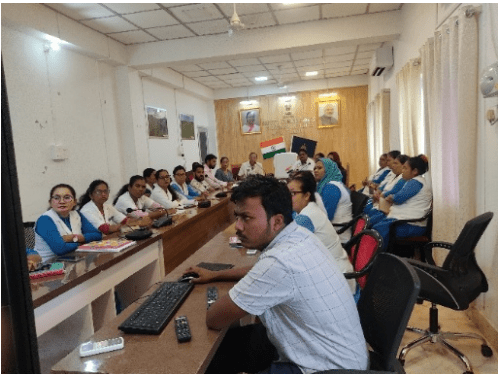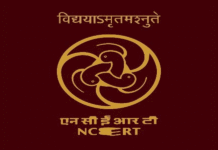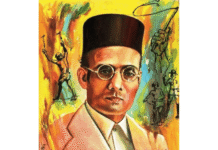As the nationwide TB Mukt Bharat Abhiyaan accelerates efforts to eradicate tuberculosis by 2025, the Nicobar District administration took a significant step forward by organizing a district-wide sensitization training programme focused on TB screening among vulnerable populations. The session, held on July 12 at the Conference Hall of the BDO Office in Car Nicobar, brought together key administrative and healthcare personnel from across the Nicobar Islands.
The training was conducted under the direction of Amit Kale, Deputy Commissioner of Nicobar District, and led by Anwar Moosa, District TB Officer. The session was designed to strengthen ground-level capabilities in early detection, community outreach, and data coordination for the government’s TB elimination campaign.
Moosa conducted a detailed presentation covering screening strategies tailored for the islands’ unique demography and geography. The training emphasized both Passive Case Finding (PCF), which occurs at the health facility level when symptomatic individuals present themselves, and Active Case Finding (ACF), which involves reaching out to high-risk populations within their communities.
Healthcare professionals were trained to identify priority groups such as individuals who have had recent contact with TB patients, people living with HIV (PLHIV), malnourished children, elderly citizens, diabetics, and those with weakened immune systems. These groups, the session highlighted, are more susceptible to tuberculosis and therefore require systematic screening at regular intervals.
The session also delved into the appropriate use of diagnostic tools such as chest X-rays and nucleic acid amplification testing (NAAT), which are key components of India’s TB diagnosis protocol. Follow-up mechanisms, including repeat screening every six months, were discussed in detail, along with contingency strategies for hard-to-reach areas like remote tribal settlements.
The training saw active participation from officials including Muneer Ahmed, Assistant Commissioner (HQ), Car Nicobar, and Grace, Medical Superintendent (I/c) of BJR Hospital. They were joined by Medical Officers, District Programme Coordinators, PMDT (Programmatic Management of Drug-resistant TB) Coordinators, CHOs, ANMs, and other front-line staff based in Car Nicobar.
Additionally, Assistant Commissioners from the blocks of Nancowrie and Campbell Bay, Aditya Sangotra and Keshav Narendra Singh, respectively, along with health teams from their jurisdictions, joined the training via video conferencing. Their inclusion reflected the district’s commitment to coordinated, inter-block action under the unified TB elimination framework.
A significant portion of the session was devoted to integrating field activities with the Nikshay platform, India’s digital tool for TB surveillance, treatment tracking, and reporting. The emphasis on real-time data sharing and accurate case documentation was seen as critical to monitoring progress and ensuring treatment completion rates across the archipelago.
The administrative officials present, including the Assistant Commissioners of all three blocks, pledged to offer full support for the campaign. They assured that their teams would provide necessary resources and facilitate coordination among health and outreach workers, even in the most remote and infrastructure-deficient parts of the Nicobar Islands.
This latest training programme forms part of a broader health systems strengthening approach adopted in the Andaman and Nicobar Islands. In geographically dispersed regions like Nicobar, where access to healthcare can be limited due to logistical constraints, proactive measures such as this session are being viewed as critical to accelerating progress toward national TB elimination goals.
Officials expect the training to significantly improve both screening coverage and follow-up adherence rates. By empowering health workers with updated diagnostic and data entry tools, the district aims to reduce transmission and minimize delayed diagnoses, a common hurdle in island and rural contexts.
With renewed commitments from both healthcare and administrative wings, the district’s TB Mukt Bharat efforts appear to be entering a more coordinated, high-impact phase, raising hopes for timely identification, intervention, and ultimately, eradication of tuberculosis from the region.





